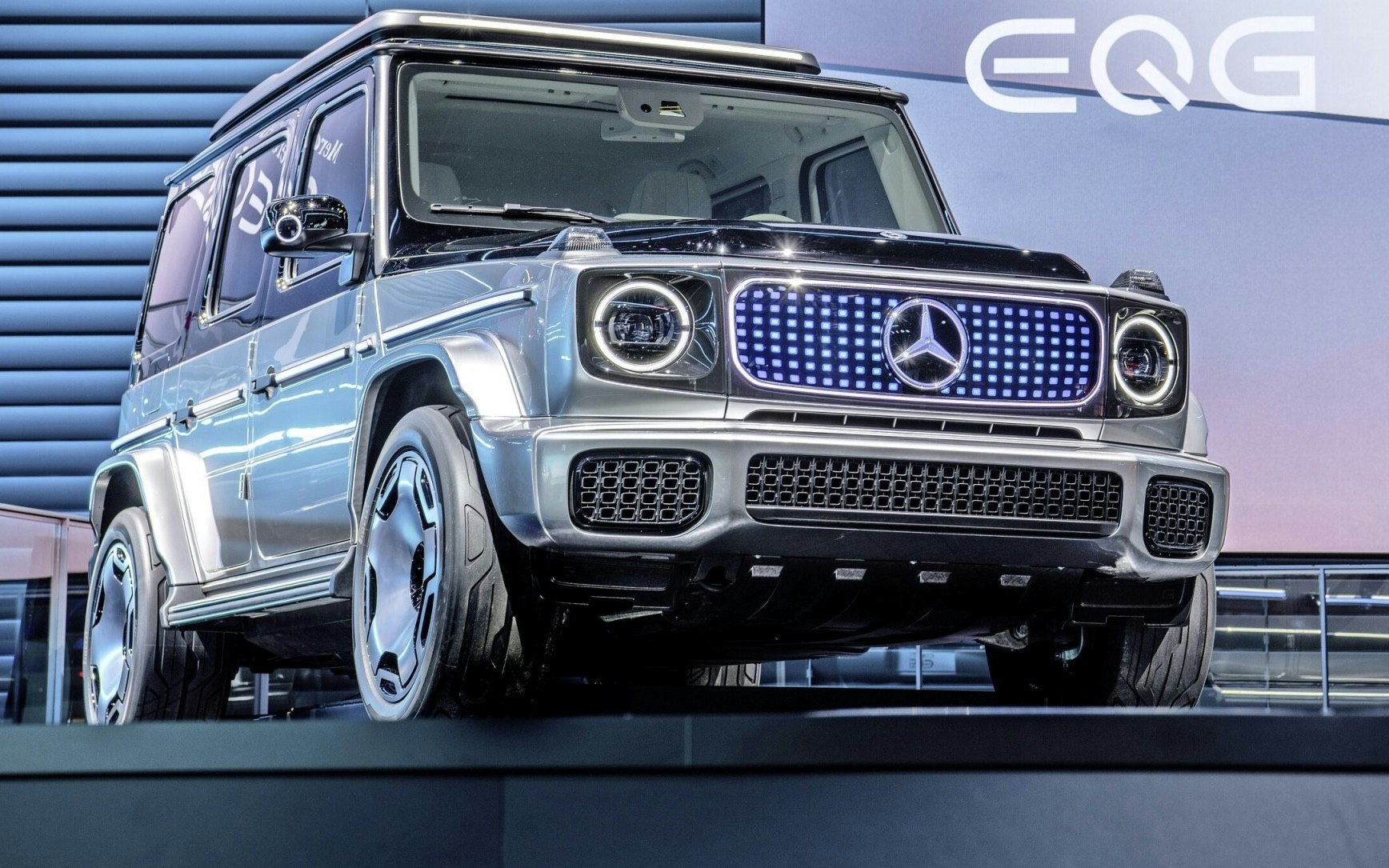German car manufacturers push for the Chinese electric car market and intensify their efforts to compete with Chinese rivals. According to a new patent study conducted by the Munich law firm Grünecker, leading German car brands filed nearly 2000 patents for electric cars in China last year. That is more than double the amount from the previous year and significantly more than the United States, Korea, and Japan.
The Chinese market for electric cars is considered the most important sales field in the automotive industry. While German car manufacturers in the past mainly relied on proven Western technology, they now have to catch up, as China is now also leading in innovations. China is increasingly focusing on electric cars and is driving forward the networking of vehicles on a massive scale. In order to regain their market position in China, German manufacturers are therefore forced to invest in their research and development departments in China and strategically secure their inventions.
The reasons for the increased efforts of German manufacturers are diverse. On the one hand, they secure their future in the Chinese market, where every second electric car is now built and sold worldwide. On the other hand, they also have to address China's strong position in battery technology. The world's largest battery manufacturers come from China, Korea, or Japan and control the important lithium-ion batteries. According to patent attorney Jens Koch, however, Germans are strong in connecting the battery to the car and in the development of new battery types.
German companies are also securing important positions in China in other areas of electromobility. According to the patent study, BMW is leading in patent applications, followed by the Volkswagen Group. Both companies have announced close partnerships with Chinese manufacturers. Volkswagen plans to develop a joint platform with the Chinese electric vehicle maker Xpeng, while Audi is also collaborating with VW's Chinese joint venture partner SAIC to produce compact sedans.
The increased efforts of German car manufacturers are also reflected in the investment in research and development centers in China. Volkswagen is building a new center for development, innovation, and procurement in Hefei, while BMW opened a new development center in Shanghai in August. These centers aim to contribute to the faster production of fully connected intelligent electric vehicles. Collaboration with Chinese researchers and developers is also being strengthened.
Long-term, it is unclear who will win the race for the future of electric mobility in China. According to patent experts, the Germans may not be able to keep up with the Chinese dominance in battery technology, but they can establish a strong position through their innovations in other areas. This reminds us of the strategy employed by the Japanese in the 1980s, when they conquered the market for fax machines by buying patents for the necessary data technology from German organizations. The Germans should learn from this and strengthen their efforts in China in order to continue to operate successfully in the Chinese market in the future.








